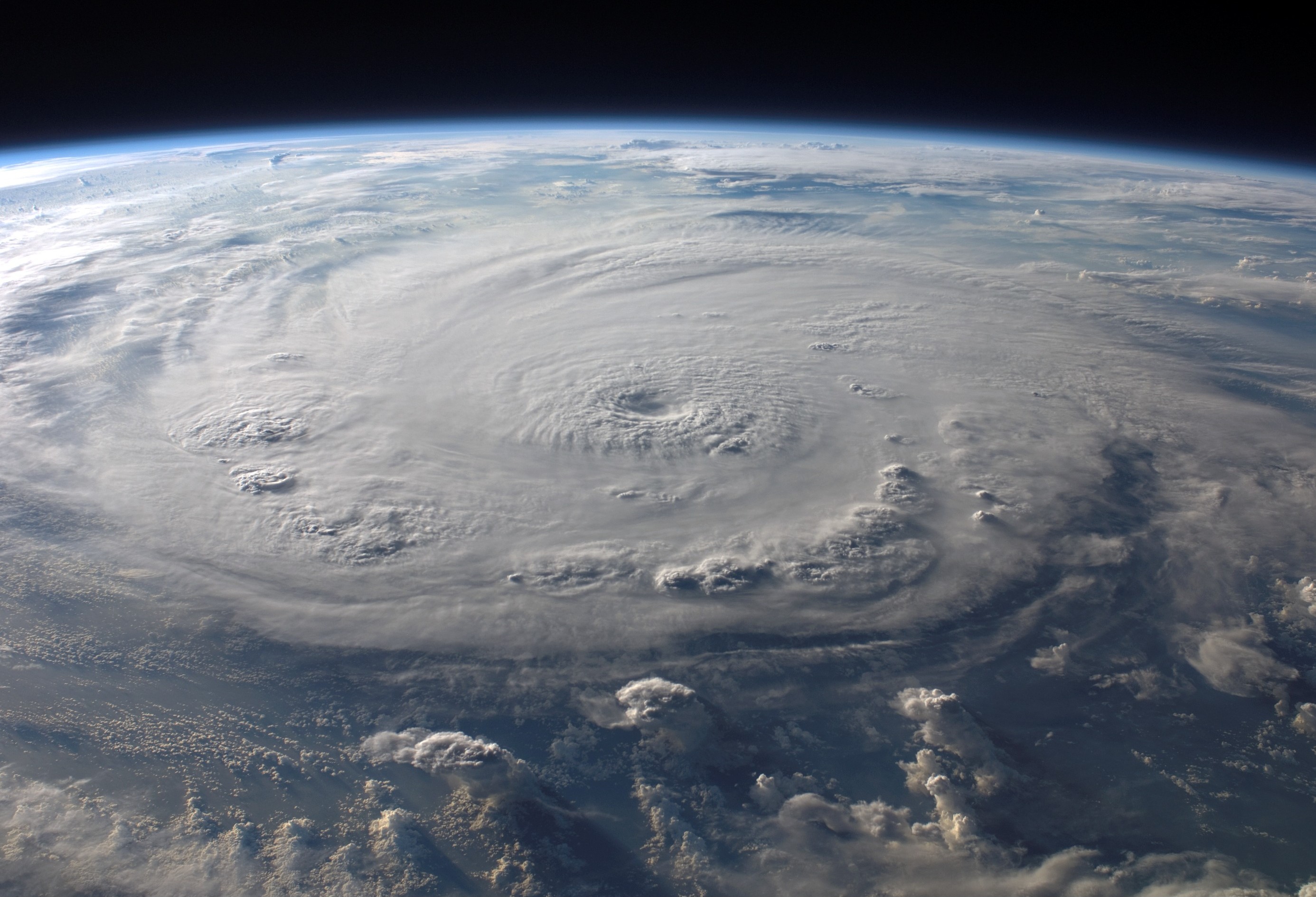Views expressed in opinion columns are the author’s own.
We’ve all heard it. Climate change is real. There’s overwhelming data to prove it and apocalyptic predictions to match. In the environmental discourse, we connect climate change directly and almost exclusively to the sciences while awaiting new discoveries to guide us to a solution.
We do what we can: We recycle, strive for fuel efficiency and try to limit energy consumption around the house. All these things are great. But if we truly believe climate change will cause disruptive sea level rises and climate refugees in our lifetime, where is our sense of urgency? Why aren’t we talking about this in everyday conversations apart from science?
Sure, climate change cannot be totally separated from the sciences. But if we want to involve the whole population, limiting the issue to a single field is counterproductive. To truly communicate the severity of climate change and spread diverse ideas about how to aid the planet, we must encourage environmental discussions in all fields.
In his work, The Great Derangement: Climate Change and the Unthinkable, author Amitav Ghosh agrees that the humanities should bear the responsibility of examining climate change.
“Throughout history these branches of culture [poetry, art, architecture, theatre, prose fiction] have responded to war, ecological calamity and crises of many sorts,” he argues. “Why, then, should climate change prove so peculiarly resistant to their practices?”
Ghosh’s argument has merit. One purpose of art and literature is to express truths that would otherwise remain uncovered. In that sense, the arts have the power to convey the importance of immediate ecological action.
No one has had to face the full effects of climate change, so it is difficult for people to conceptualize how it will dominate our future. Through art and literature, people might understand how climate change will affect us on a visceral and emotional level.
The arts also dictate pop culture. The general public has trouble grasping the urgency of climate change, quite possibly because it is often absent from our songs, our cinema and our stories. On those rare instances when I do see climate change in the arts, it is almost always through a science-fiction lens. If something is inseparable from science fiction, it won’t be taken seriously by those who think the genre is mere fantasy. When climate change is tied to science fiction, consumers fail to understand the gravity of the threat.
The humanities have a unique power to drive climate action. However, artists and consumers must take several steps to facilitate this action.
Consumers should empower those in the humanities to discuss climate change authentically and without the assumption that environmental activism is solely for scientists. Artists should question why environmental themes are rare and recognize that they, too, can play an active role in the struggle to revitalize our planet.
After all, as humans, the Earth is our home. Why would we avoid using our individual talents to protect it? And, finally, when artists represent climate change, they shouldn’t pretend it is fantasy. Maybe then, artists and consumers can take on this global calamity holistically.
Sydney Wess is a junior broadcast journalism and art history major. She can be reached at swess@terpmail.umd.edu.



